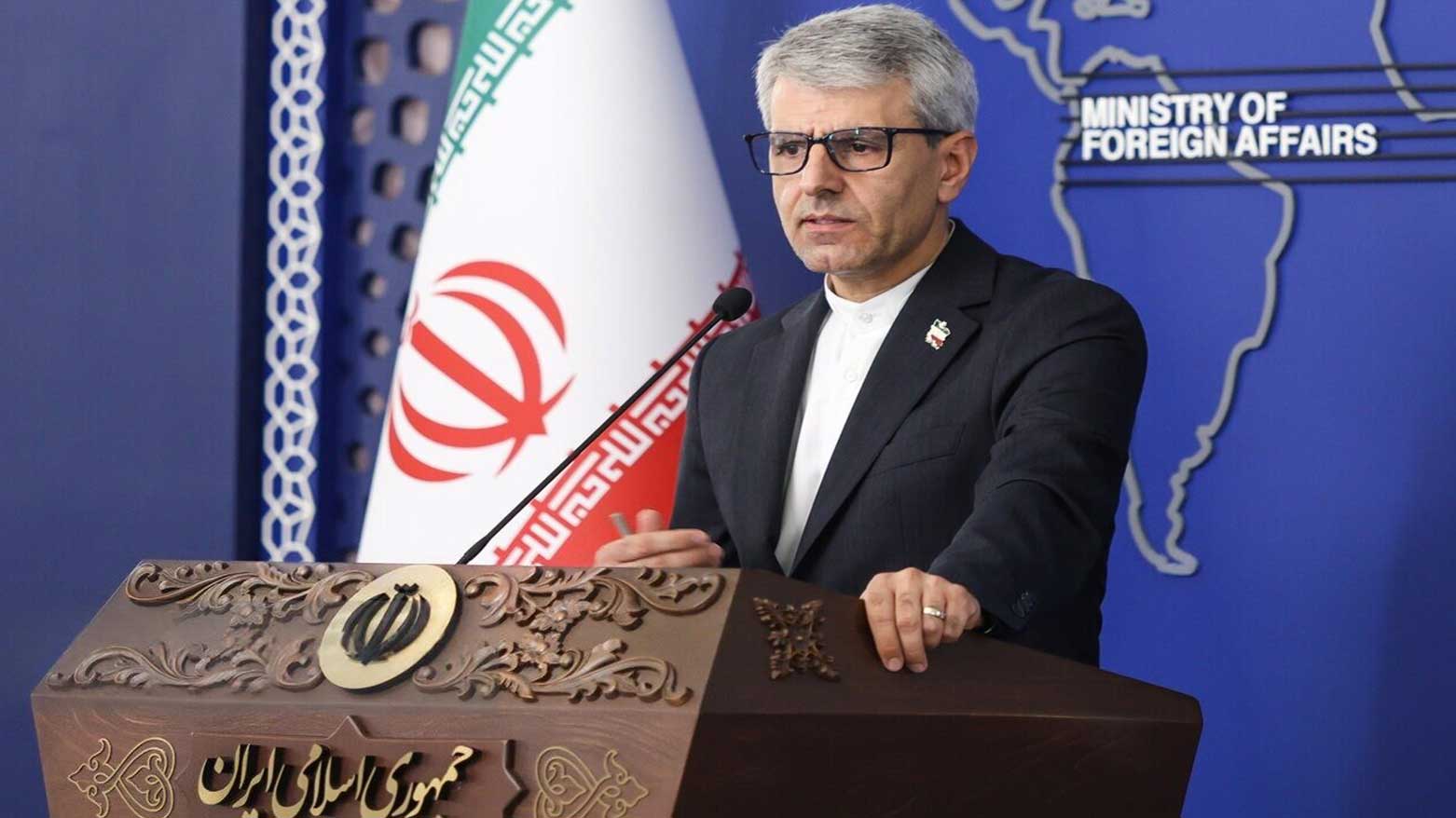Iran Demands U.S. Accountability for Nuclear Strikes, Rules Out Direct Talks
Washington, meanwhile, has dismissed Iran’s calls for compensation as “ridiculous,” according to the AFP.

ERBIL (Kurdistan24) — Iran announced Monday that it would hold the United States accountable for attacks on its nuclear facilities in any future negotiations, while firmly ruling out the possibility of direct talks with Washington, according to AFP.
The announcement comes in the aftermath of joint U.S.-Israeli military strikes on Iranian nuclear sites in late June, which marked a major escalation in the region and disrupted high-level diplomatic engagements between Tehran and Washington.
“In any potential negotiation... the issue of holding the United States accountable and demanding compensation for committing military aggression against Iran's peaceful nuclear facilities will be one of the topics on the agenda,” Iranian foreign ministry spokesman Esmaeil Baqaei said during a press briefing.
When asked whether Iran was open to direct negotiations with the U.S., Baqaei responded unequivocally: “No.”
On June 22, the United States participated in coordinated strikes on Iranian nuclear sites at Fordo, Isfahan, and Natanz. The attacks came amid a broader Israeli offensive that began in mid-June and targeted both nuclear and military installations, over the course of a 12-day war.
The fighting effectively stalled negotiations on Iran’s nuclear program, which had been revived in April in what was the highest-level contact between Tehran and Washington since the U.S. unilaterally exited the 2015 nuclear agreement under President Donald Trump.
Following the war, Tehran suspended cooperation with the International Atomic Energy Agency (IAEA), demanding concrete guarantees against further military aggression before resuming talks. Washington, meanwhile, has dismissed Iran’s calls for compensation as “ridiculous,” according to the AFP.
Despite reaffirming Iran’s commitment to the Nuclear Non-Proliferation Treaty, Baqaei criticized the IAEA for what he called a “politicized and unprofessional approach.” He confirmed that the agency’s deputy chief is expected to visit Iran “in less than 10 days.”
However, Iranian officials made clear that the visit would be limited. Ebrahim Azizi, head of Iran’s parliamentary national security commission, stated that the IAEA delegation would be “strictly and exclusively” authorized to conduct technical discussions—without any physical access or inspections at Iran’s nuclear sites, according to Tasnim news agency.
Iran had previously indicated that any future cooperation with the UN watchdog would adopt a “new form.”
On July 25, Iranian diplomats held talks with representatives from Germany, France, and the UK—the first such meeting since the Israel-Iran war ended. The three European signatories to the 2015 nuclear deal have recently threatened to reimpose sanctions unless Iran agrees to limits on uranium enrichment and allows IAEA oversight.
Tehran has rejected the threats, calling any renewed sanctions “illegal,” and continues to insist on its right to enrich uranium for peaceful purposes.
Iran has repeatedly denied Western and Israeli accusations that it seeks to develop nuclear weapons.